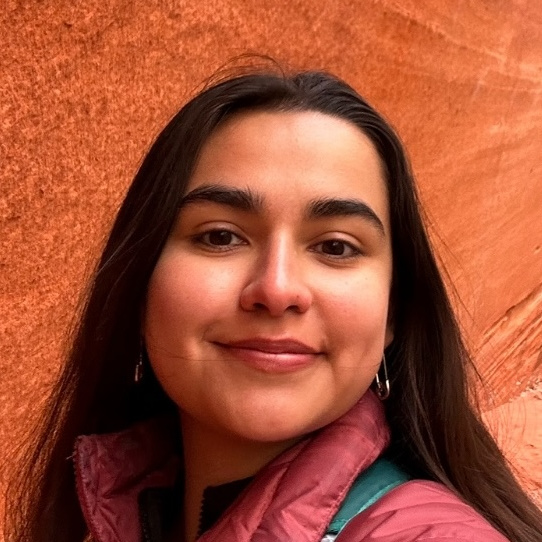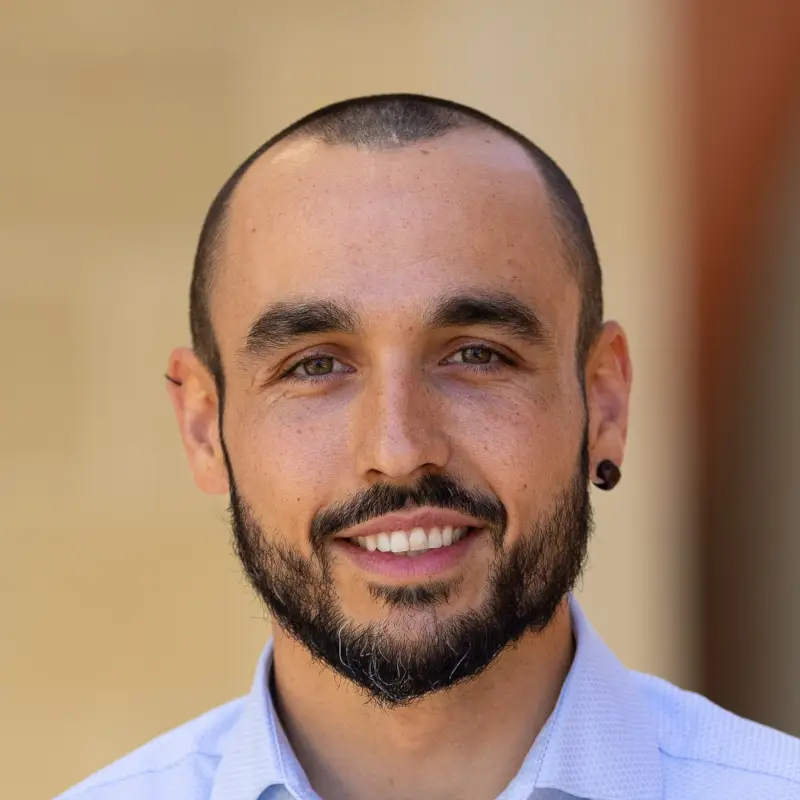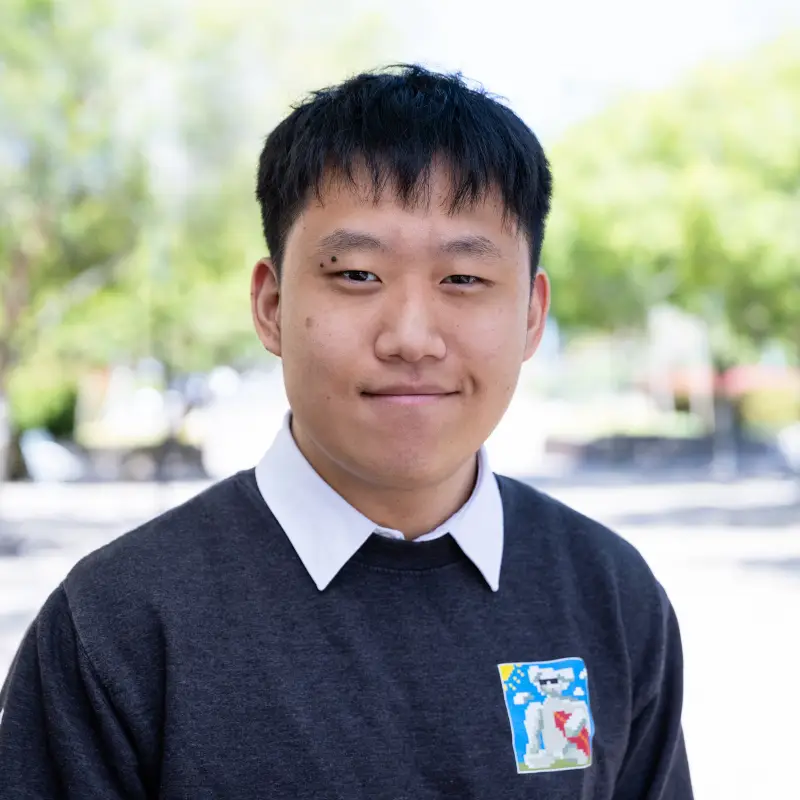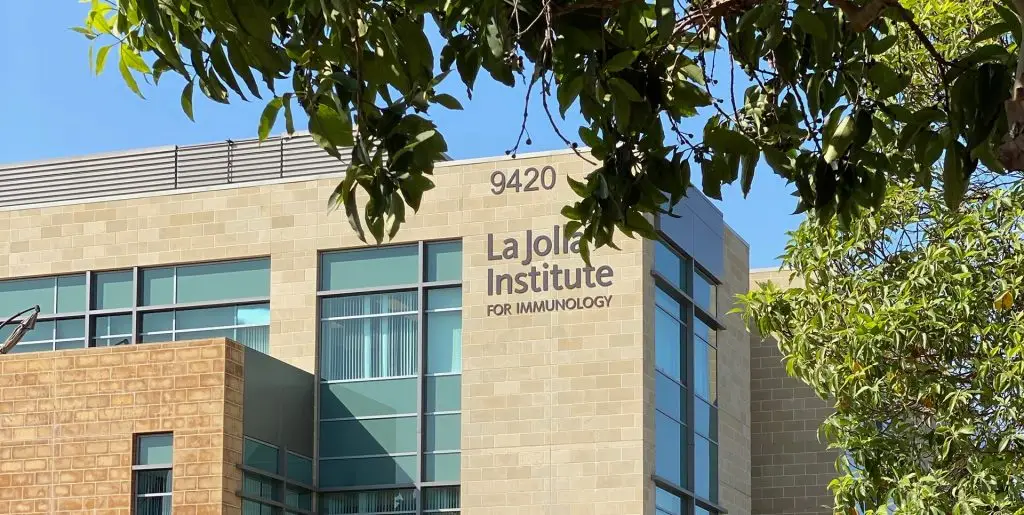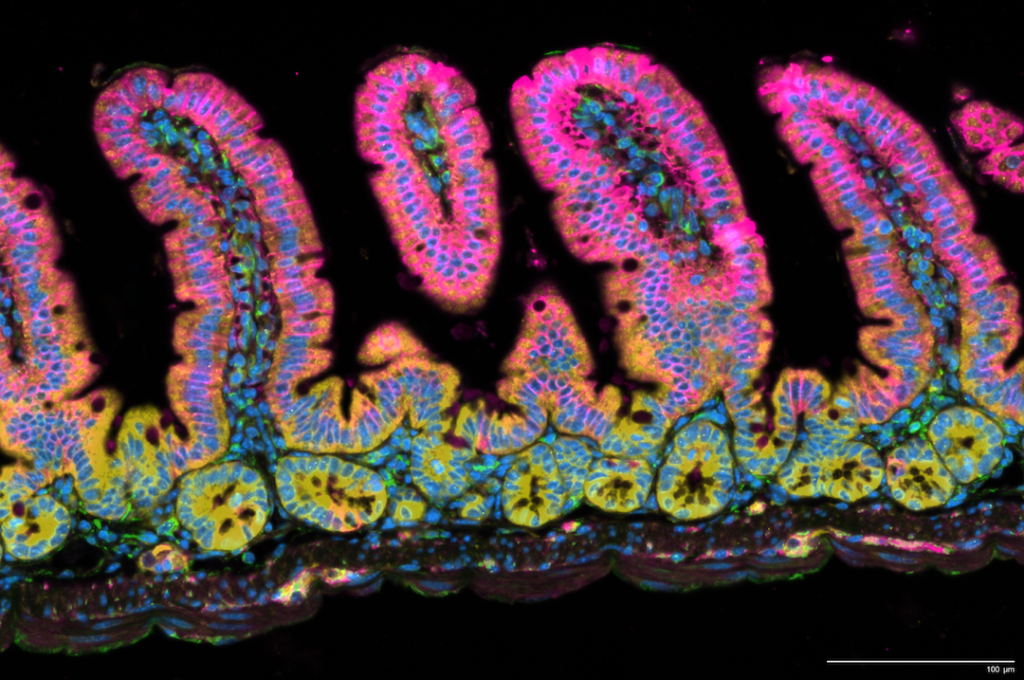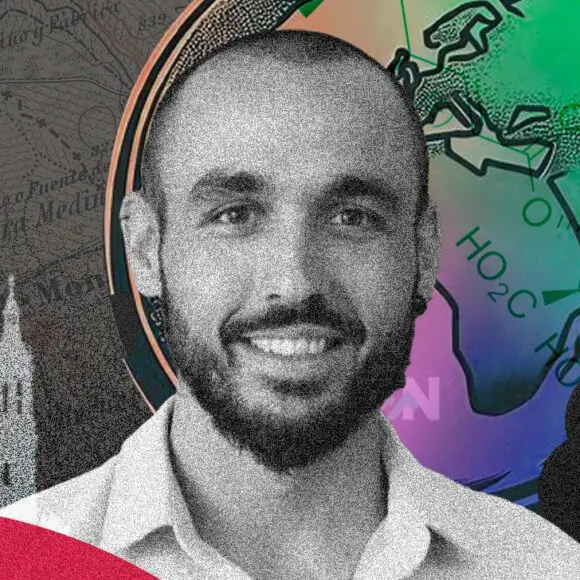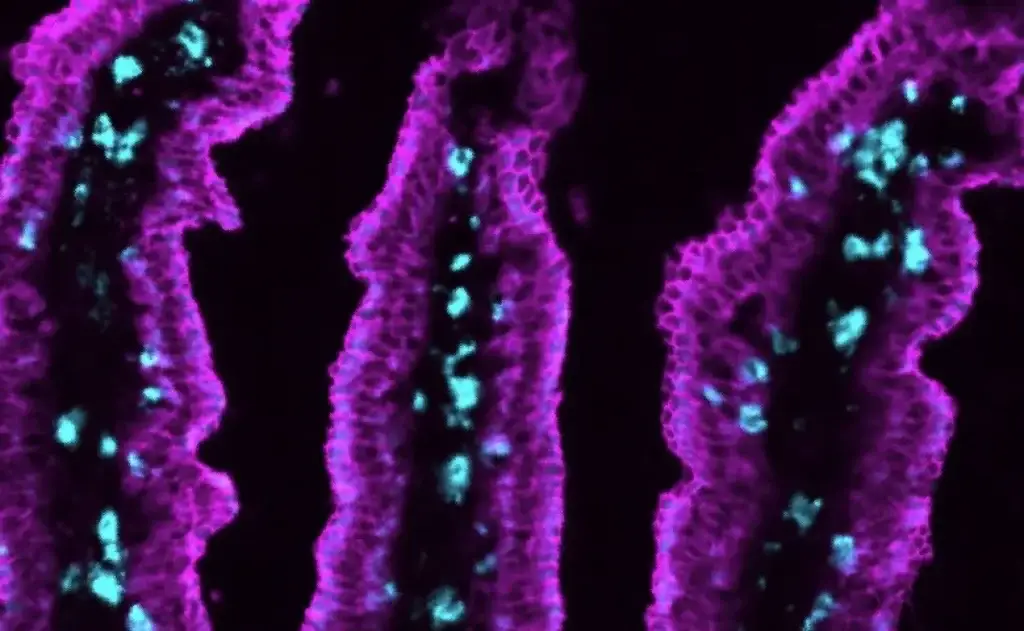Non-resectable solid tumors are often lethal, chronic infections fester, and autoimmunity can lead to serious complications. Establishing protective immunity, where it matters when it matters, is crucial to maintaining health. However, the guiding principles underlying tissue immunity are not yet well understood. Is the immune system spatially organized? Are tissue architectures evolved to accommodate immune populations? How dynamic are these populations? How does tissue immune diversity arise? What are the factors enabling robust protective responses?
In the Reina Laboratory, we seek to understand the underlying principles governing tissue immune networks that enable robust and long-term protection against infection and tumors. Thinking in systems, from molecular mechanisms to organismal physiology, we focus on tissue-resident memory CD8 T cells (TRM) as blueprints for optimal adaptation and protection against pathogens and tumors. Looking across organs, such as the small intestine, liver, and prostate, we find examples of distinct ecosystems in which the immune system, spearheaded by TRM, has evolved remarkably effective and different solutions.
Our vision is that this new understanding will catalyze the next generation of immunotherapies by precise and selective tuning of tissue immune responses to enhance anti-tumor immunity, improve vaccines, and ameliorate autoimmunity.


